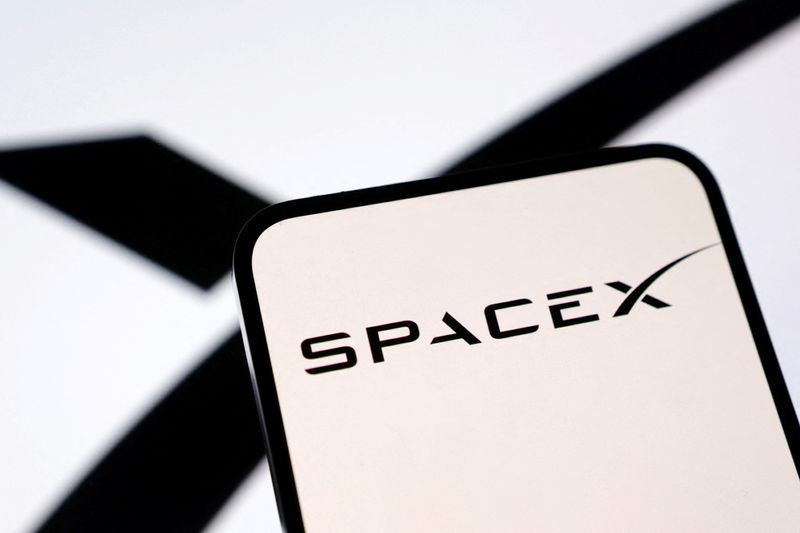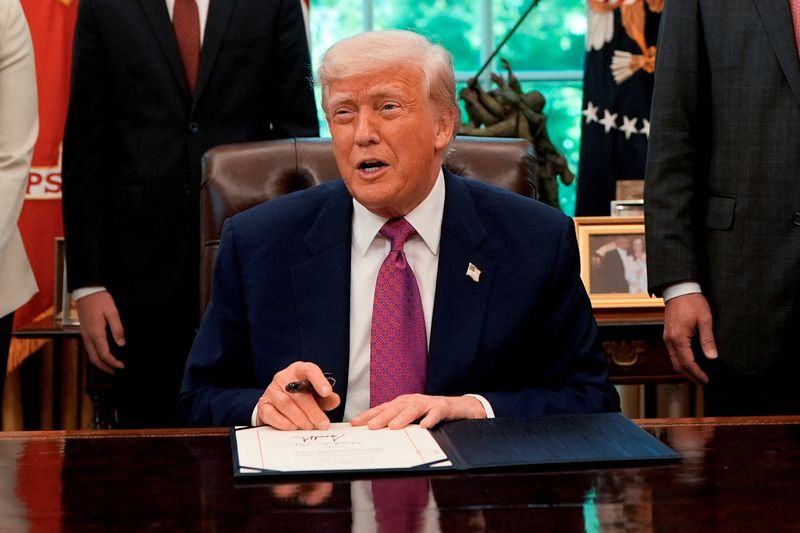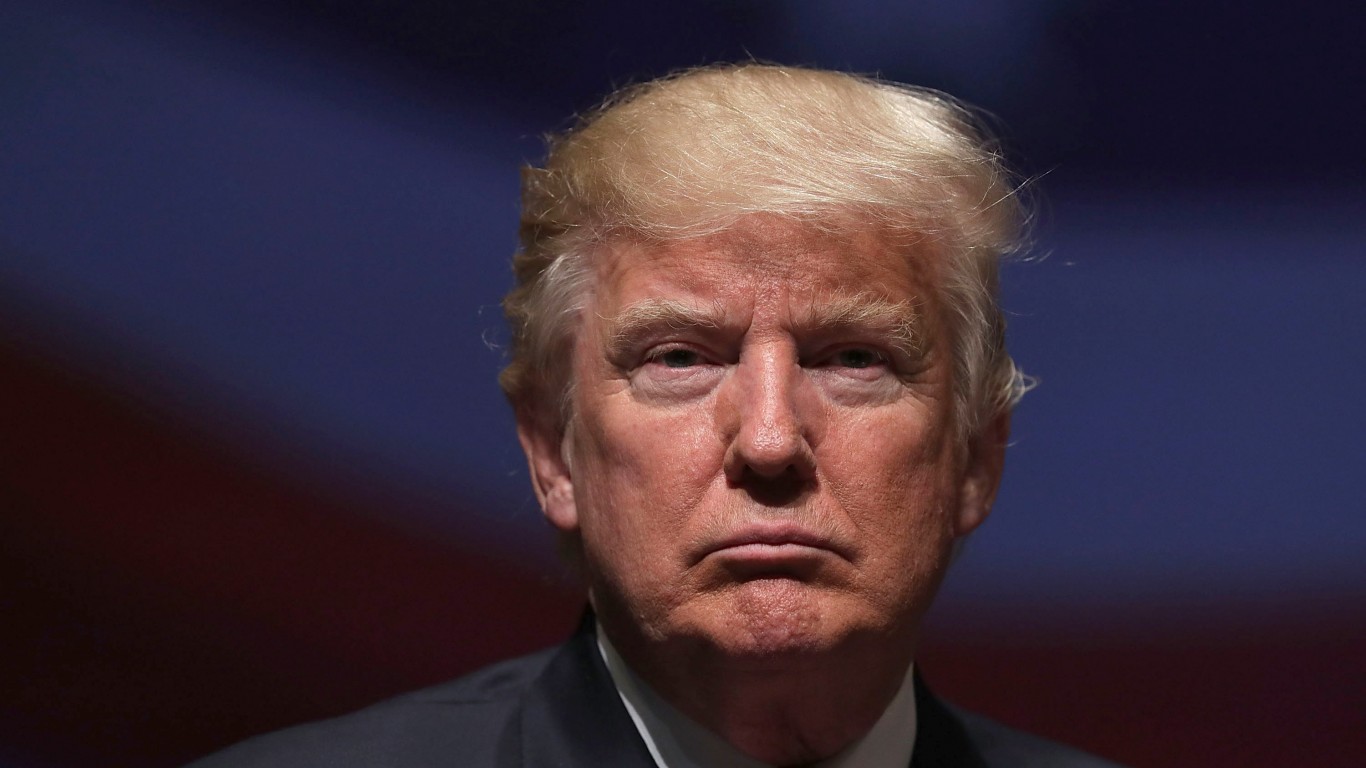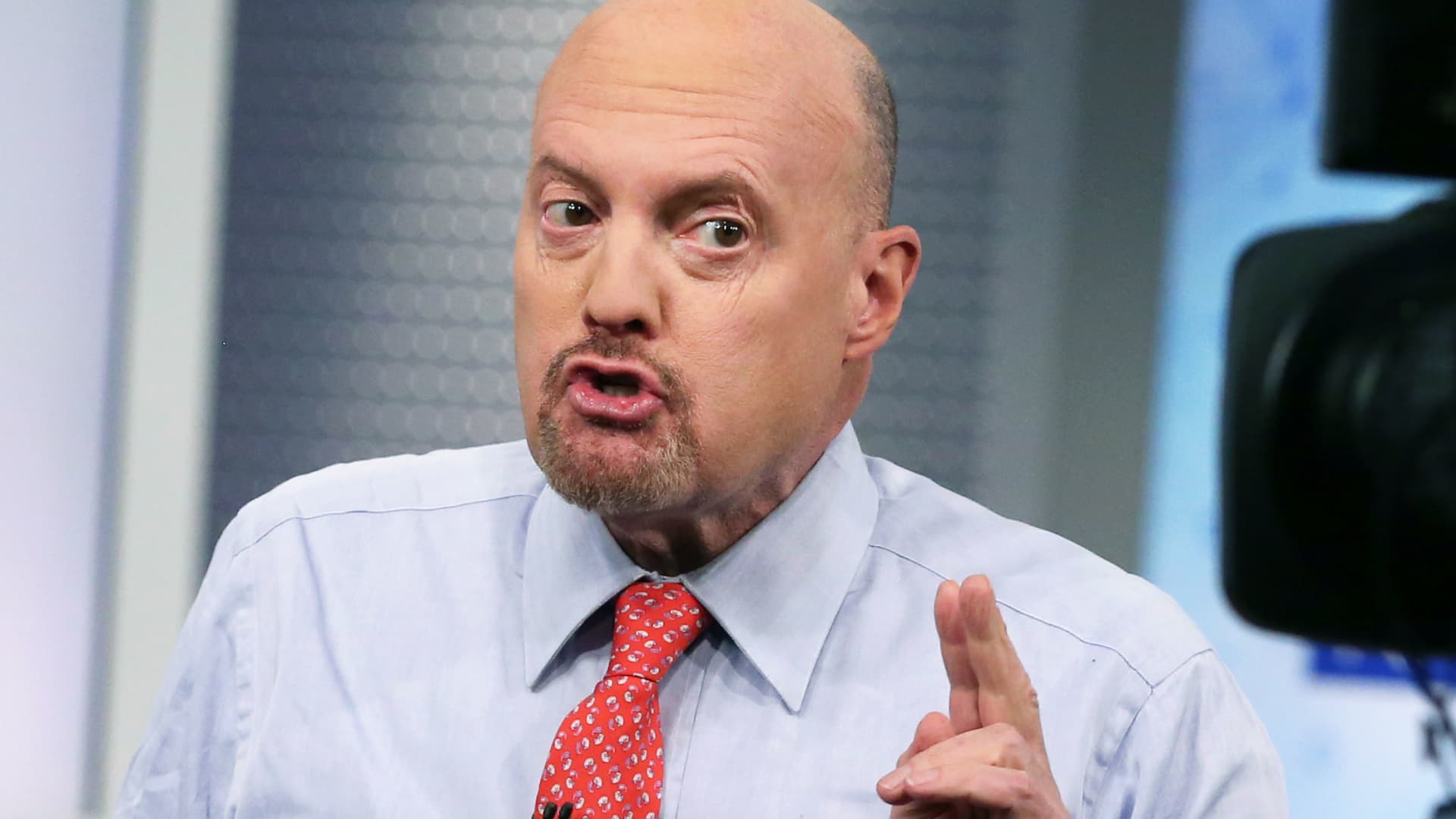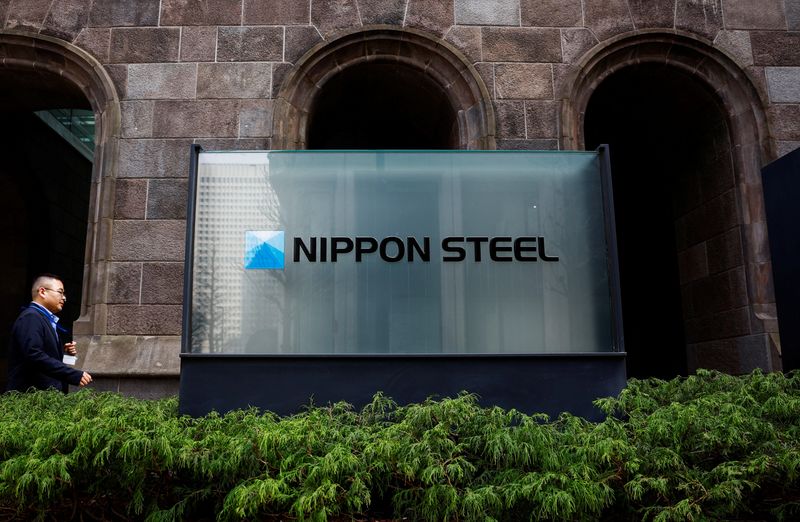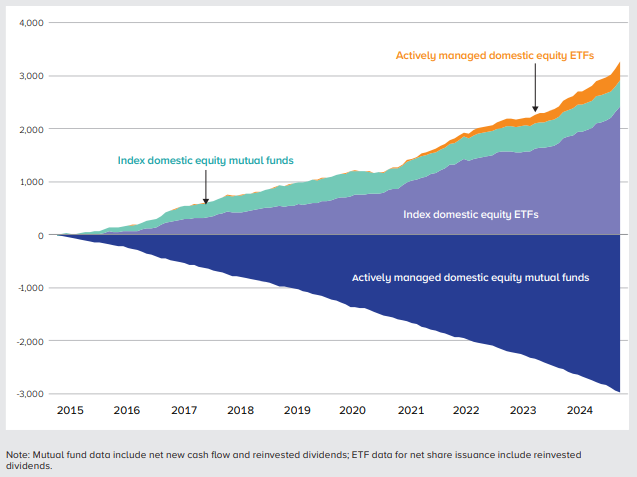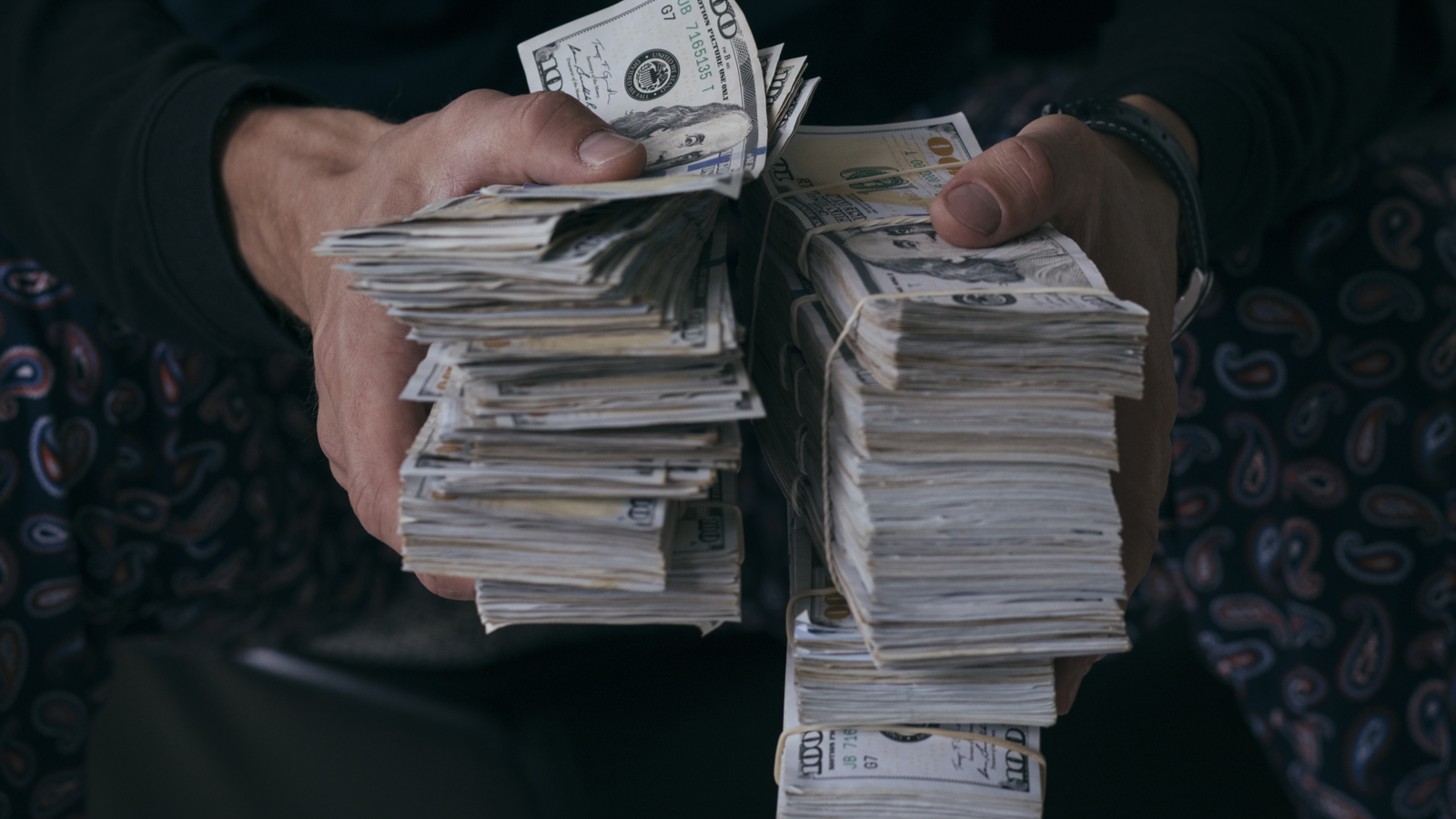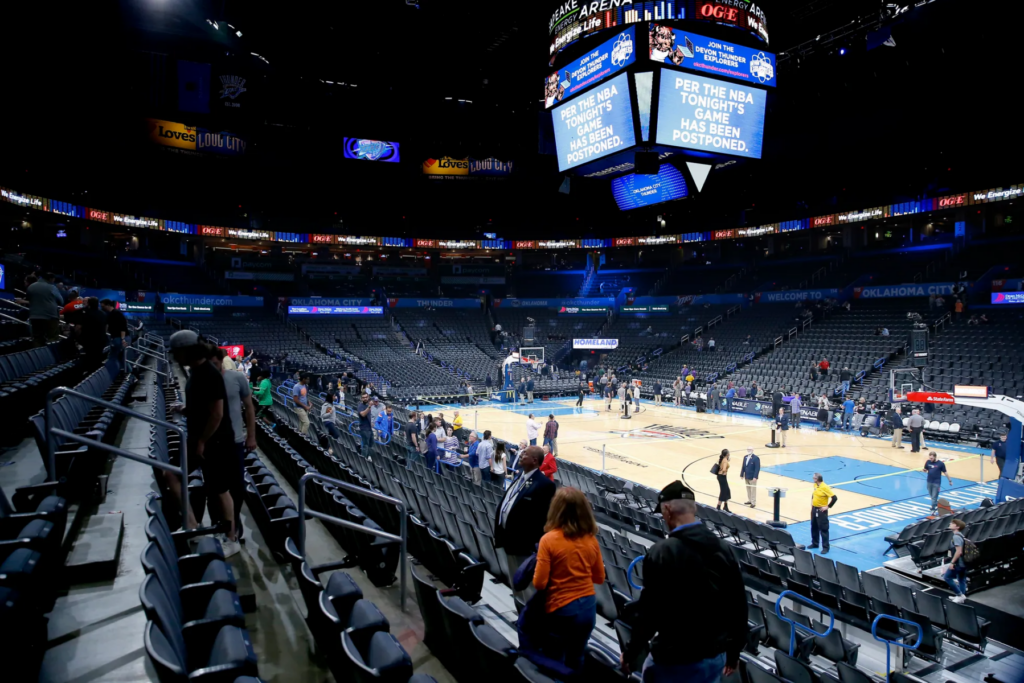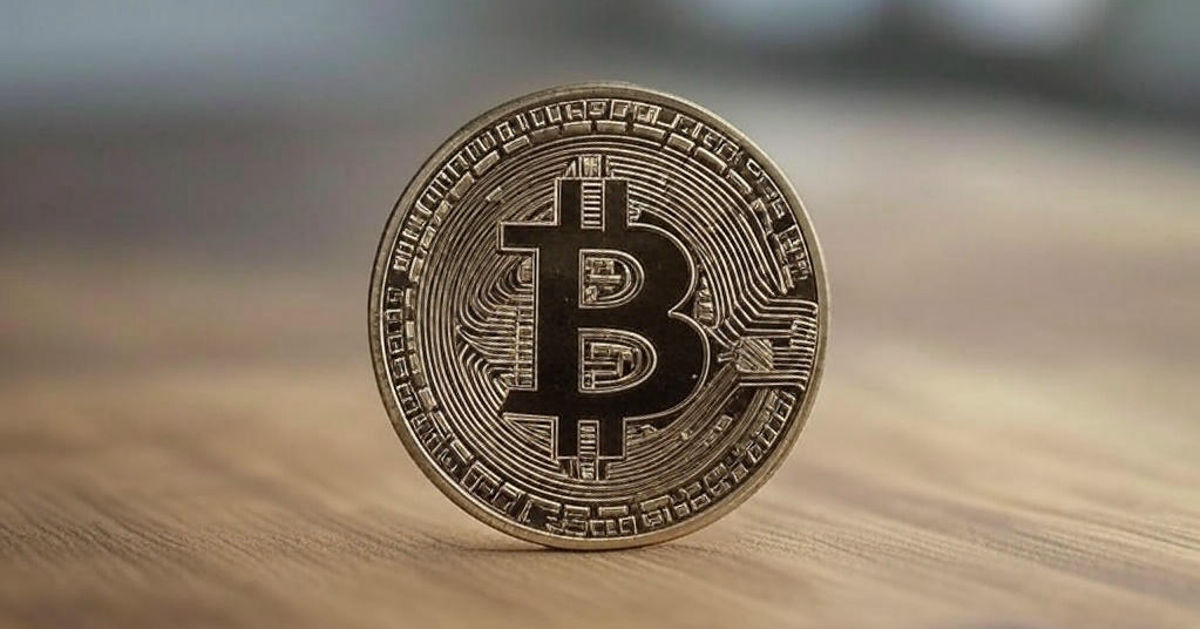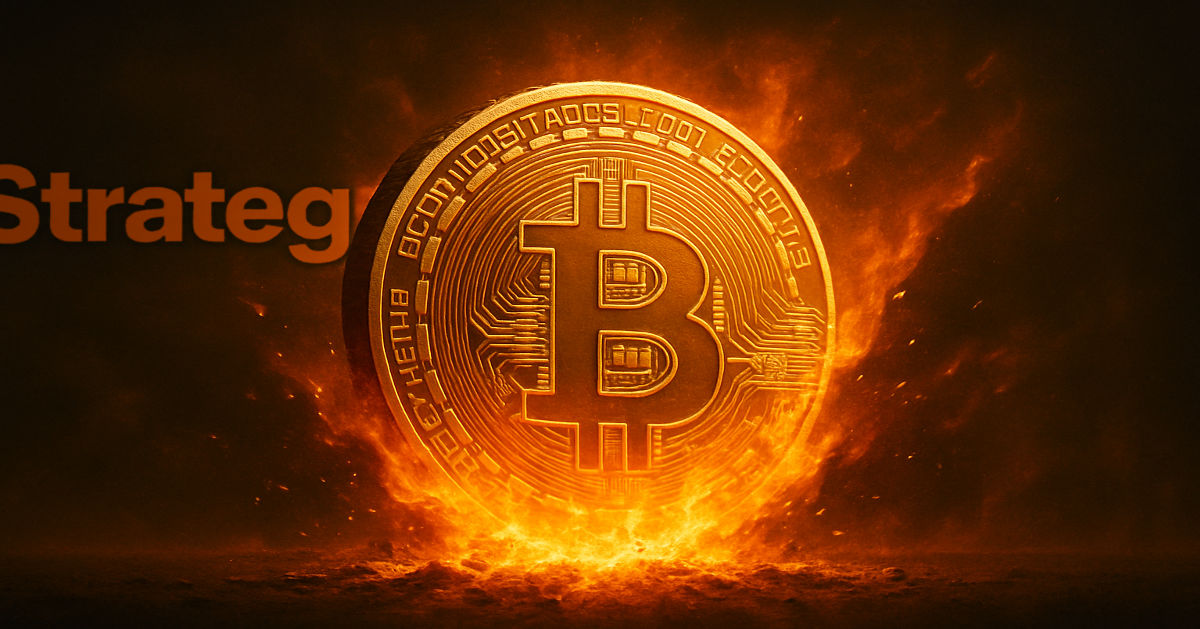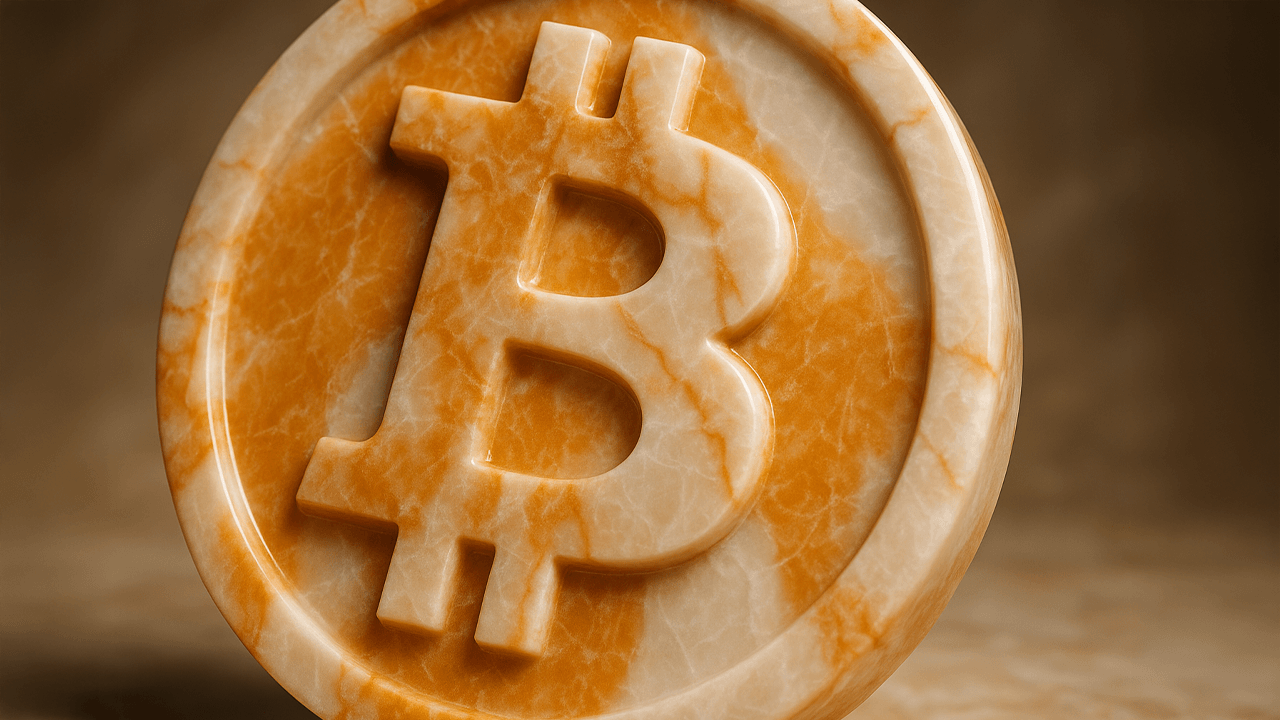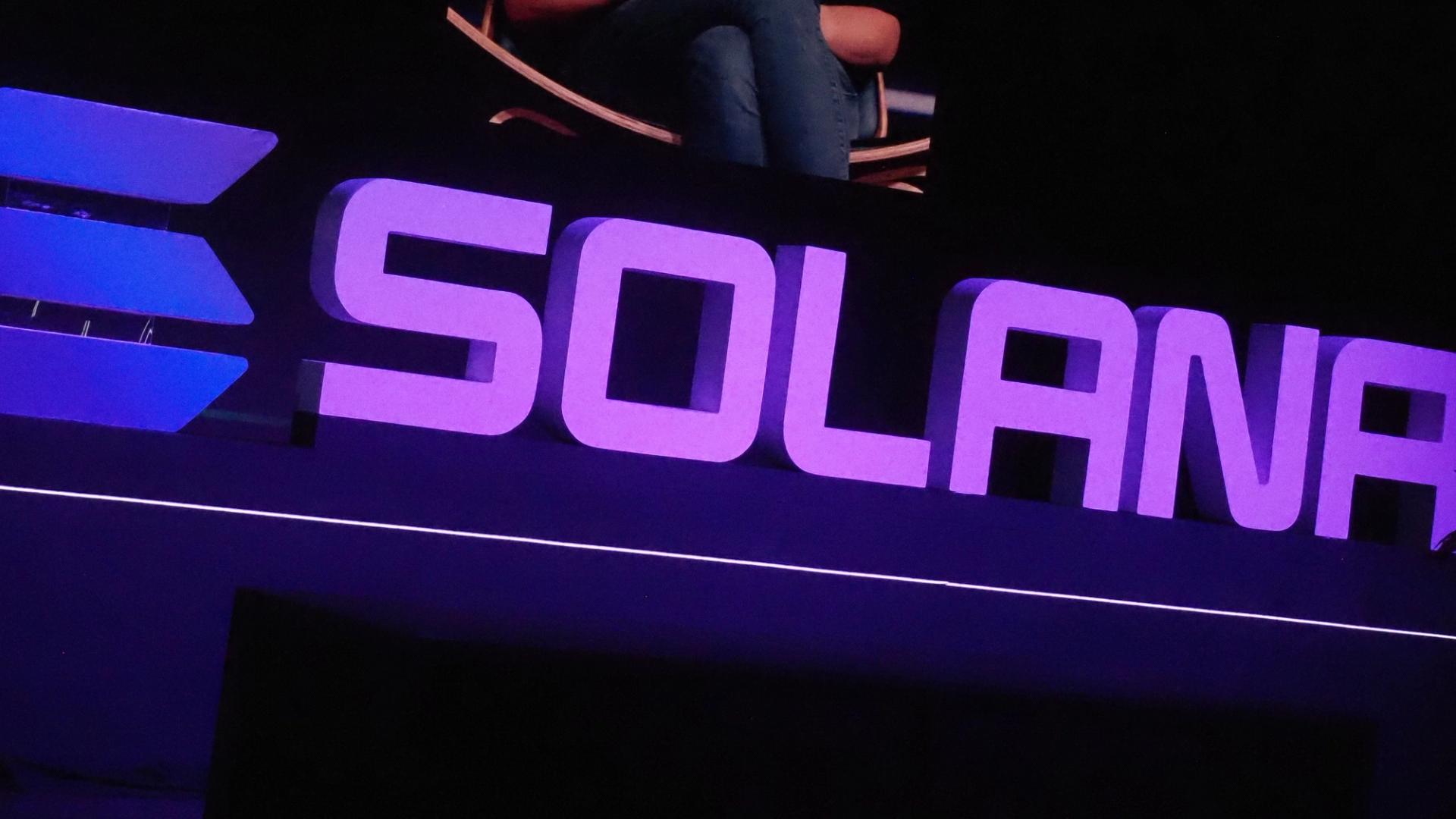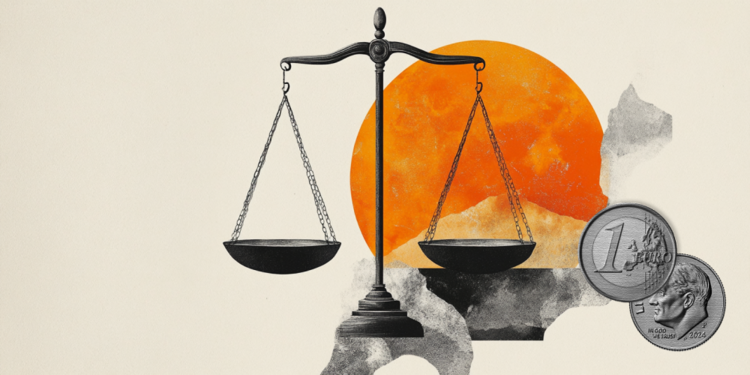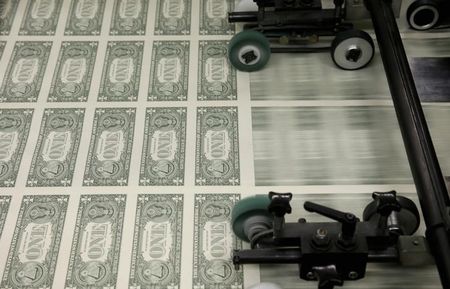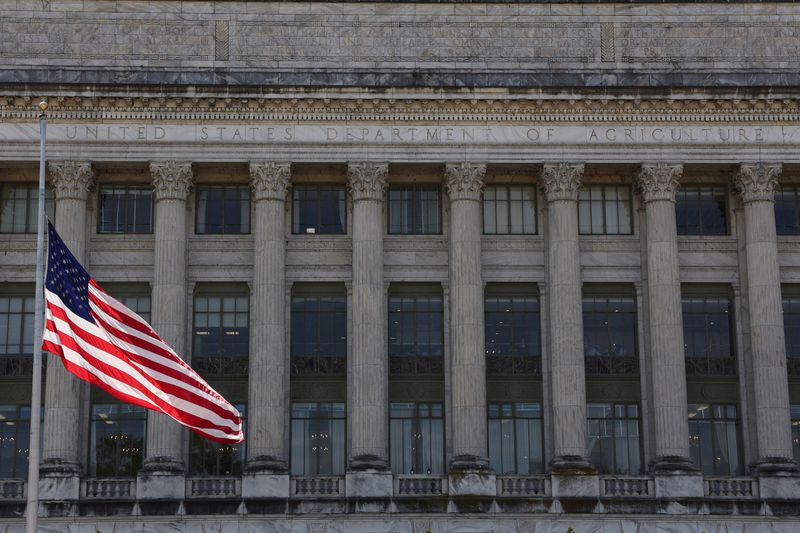UK court partially dismisses Bitcoin SV investor’s lawsuit against Binance
The United Kingdom’s Court of Appeal has partially dismissed a lawsuit brought by Bitcoin SV investors against major crypto exchanges, including Binance, for allegedly conspiring to delist the token in 2019.In a judgment handed down on May 21, the court ruled that investors who held BSV through the delisting period (classified as “sub-class B”) were not entitled to billions in speculative damages based on BSV’s hypothetical growth.These investors had claimed over 8.9 billion British pounds ($11.9 billion) in damages, asserting that Binance’s delisting deprived holders of the chance to profit from BSV’s potential rise to a “top-tier cryptocurrency” like Bitcoin (BTC) or Bitcoin Cash (BCH).The court rejected this “foregone growth effect” theory, stating, “BSV was obviously not a unique cryptocurrency without reasonably similar substitutes,” pointing to the representative’s own use of Bitcoin and Bitcoin Cash as comparators.Sub-class B’s central claim was that delisting led to a missed opportunity to benefit from price appreciation. However, the court determined that those investors had ample chance to mitigate losses by selling or reinvesting in other crypto assets.“They had a duty to mitigate their losses,” wrote Master of the Rolls Sir Geoffrey Vos. “They cannot recover losses that they could reasonably have mitigated.”UK court ruling against Bitcoin SV investor’s lawsuit. Source: CaselawRelated: Bitcoin SV investors attempt to resurrect 2019 Binance lawsuitCourt strikes down “loss of a chance” argumentThe appeal also challenged the Tribunal’s application of the “market mitigation rule,” arguing that such issues should be left for trial.The court dismissed that notion, stating the rule clearly applies to freely tradable assets like BSV, and that the damages must be measured shortly after the delisting.An additional argument concerning the “loss of a chance” to benefit from future price gains was also struck down. The court ruled it “flawed as a matter of principle,” noting that “cryptocurrencies are, by their nature, volatile investments.”Binance’s limited strike-out application ultimately succeeded, with the court stating that even if some holders were unaware of the delisting, “they could never claim more than the total value of their holding before the delisting events plus any quantifiable consequential losses.”Related: Binance wants arbitration for all members of securities class suitBinance seeks to dismiss FTX lawsuitOn May 16, Binance filed a motion to dismiss a $1.76 billion lawsuit filed by the FTX estate, arguing that the claims are legally flawed and an attempt to shift responsibility for FTX’s collapse.The exchange stated the downfall of FTX stemmed from internal fraud, not external manipulation, citing Sam Bankman-Fried’s conviction on multiple fraud charges.Binance has asked the court to dismiss all claims with prejudice. The FTX estate has not yet filed its response.Magazine: TradFi is building Ethereum L2s to tokenize trillions in RWAs: Inside story
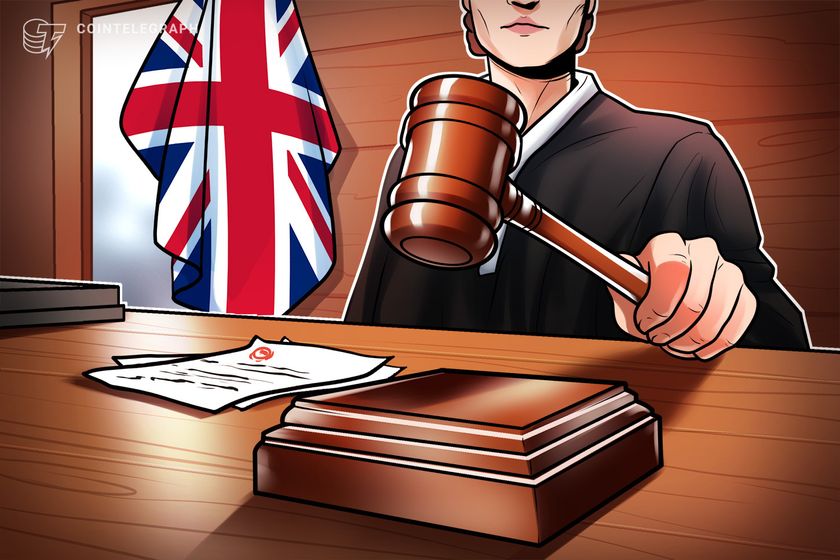


The United Kingdom’s Court of Appeal has partially dismissed a lawsuit brought by Bitcoin SV investors against major crypto exchanges, including Binance, for allegedly conspiring to delist the token in 2019.
In a judgment handed down on May 21, the court ruled that investors who held BSV through the delisting period (classified as “sub-class B”) were not entitled to billions in speculative damages based on BSV’s hypothetical growth.
These investors had claimed over 8.9 billion British pounds ($11.9 billion) in damages, asserting that Binance’s delisting deprived holders of the chance to profit from BSV’s potential rise to a “top-tier cryptocurrency” like Bitcoin (BTC) or Bitcoin Cash (BCH).
The court rejected this “foregone growth effect” theory, stating, “BSV was obviously not a unique cryptocurrency without reasonably similar substitutes,” pointing to the representative’s own use of Bitcoin and Bitcoin Cash as comparators.
Sub-class B’s central claim was that delisting led to a missed opportunity to benefit from price appreciation. However, the court determined that those investors had ample chance to mitigate losses by selling or reinvesting in other crypto assets.
“They had a duty to mitigate their losses,” wrote Master of the Rolls Sir Geoffrey Vos. “They cannot recover losses that they could reasonably have mitigated.”
Related: Bitcoin SV investors attempt to resurrect 2019 Binance lawsuit
Court strikes down “loss of a chance” argument
The appeal also challenged the Tribunal’s application of the “market mitigation rule,” arguing that such issues should be left for trial.
The court dismissed that notion, stating the rule clearly applies to freely tradable assets like BSV, and that the damages must be measured shortly after the delisting.
An additional argument concerning the “loss of a chance” to benefit from future price gains was also struck down. The court ruled it “flawed as a matter of principle,” noting that “cryptocurrencies are, by their nature, volatile investments.”
Binance’s limited strike-out application ultimately succeeded, with the court stating that even if some holders were unaware of the delisting, “they could never claim more than the total value of their holding before the delisting events plus any quantifiable consequential losses.”
Related: Binance wants arbitration for all members of securities class suit
Binance seeks to dismiss FTX lawsuit
On May 16, Binance filed a motion to dismiss a $1.76 billion lawsuit filed by the FTX estate, arguing that the claims are legally flawed and an attempt to shift responsibility for FTX’s collapse.
The exchange stated the downfall of FTX stemmed from internal fraud, not external manipulation, citing Sam Bankman-Fried’s conviction on multiple fraud charges.
Binance has asked the court to dismiss all claims with prejudice. The FTX estate has not yet filed its response.
Magazine: TradFi is building Ethereum L2s to tokenize trillions in RWAs: Inside story






